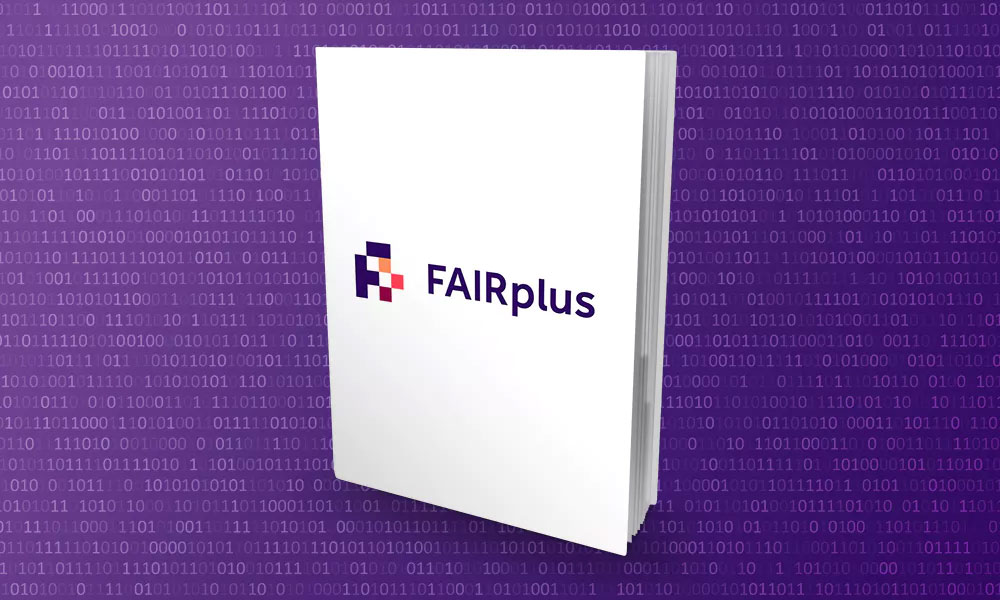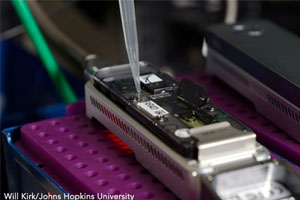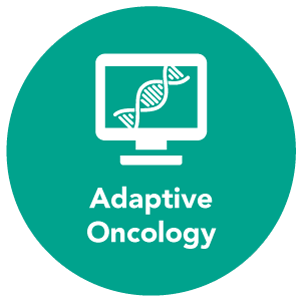OICR’s Dr. Mélanie Courtot was part of a global effort to make data more findable, accessible, interoperable and reusable (FAIR).
Health data holds the key to overcoming major public health challenges, but only if it is accessible when people need it.
The world learned this lesson the hard way during the COVID-19 pandemic, when problems like missing data, service incompatibility and data access restrictions delayed research that could have helped the global public health response.
But an international collaboration, led in part by OICR’s Dr. Mélanie Courtot, has developed a toolkit to help break down current barriers to accessing clinical and molecular data.
The FAIRplus consortium recently launched the FAIRification framework, an adaptable, easy-to-use guide for health and research organizations to make data more findable, accessible interoperable and reusable (FAIR).
“Data that can’t be found is data that can’t be reused,” said Courtot, who is Director of Genome Informatics and Principal Investigator at OICR, Assistant Professor of Medical Biophysics at the University of Toronto, and an author of the FAIRification framework. “The FAIRification framework provides practical, actionable steps for data owners to increase the value of their work and make their results available to the community.”
In addition to the framework, the consortium also created a FAIR ‘cookbook’ to support organizations in implementing FAIR principles. With the tools they created, the consortium has already applied the framework to clinical interventional study datasets, data generated in the lab, as well as real-world and clinical observational data.
Courtot’s involvement in the FAIRplus consortium began as part of her former role as Metadata Standards Coordinator for the European Bioinformatics Institute (EMBL-EBI), one of 21 partner organizations from academia and industry that contributed to the project.
She says using the framework to implement FAIR principles could help drive important innovations in health research and care.
“Standardized interoperable data benefits the global research community who can link different projects and outcomes, and ultimately benefits human health,” she says.
This story was adapted from an article by the European Bioinformatics Institute (EMBL-EBI).




